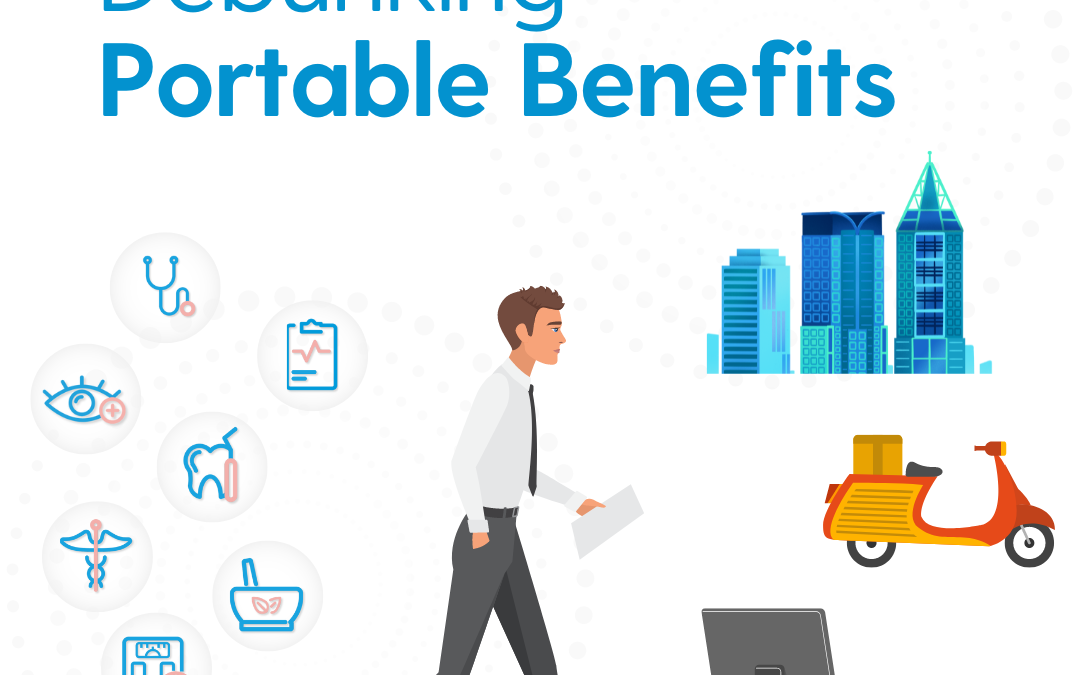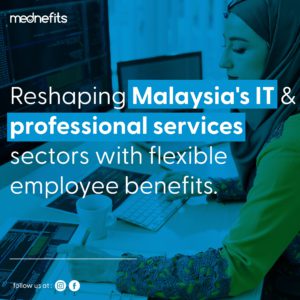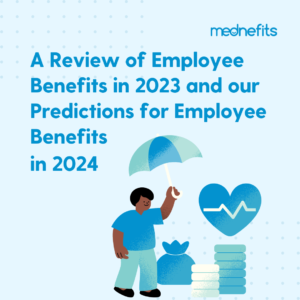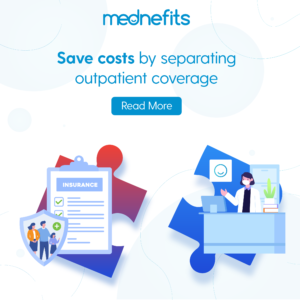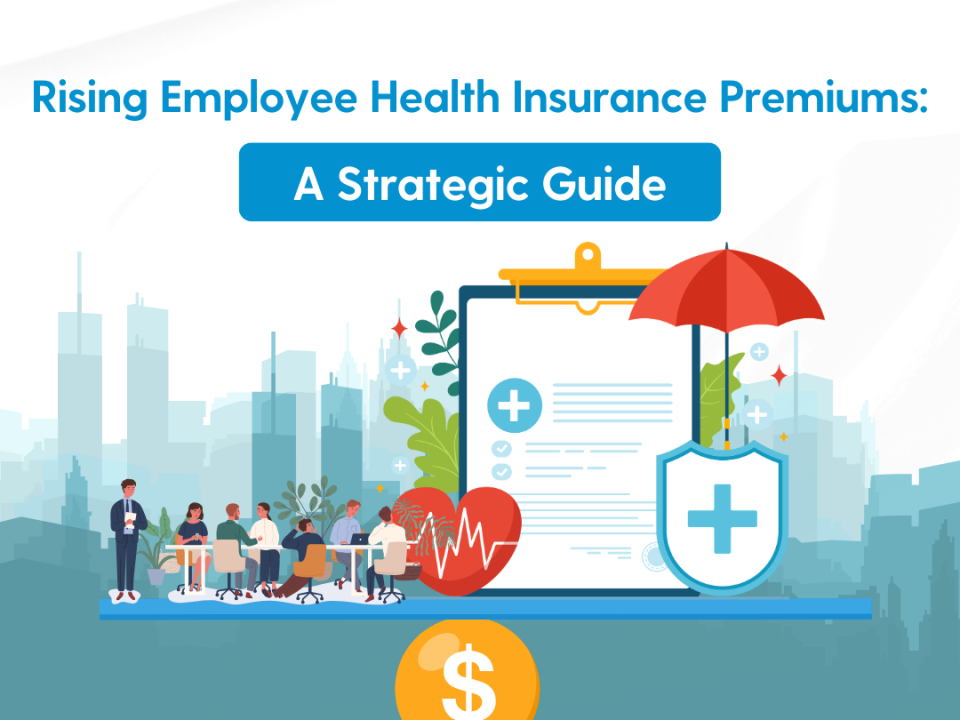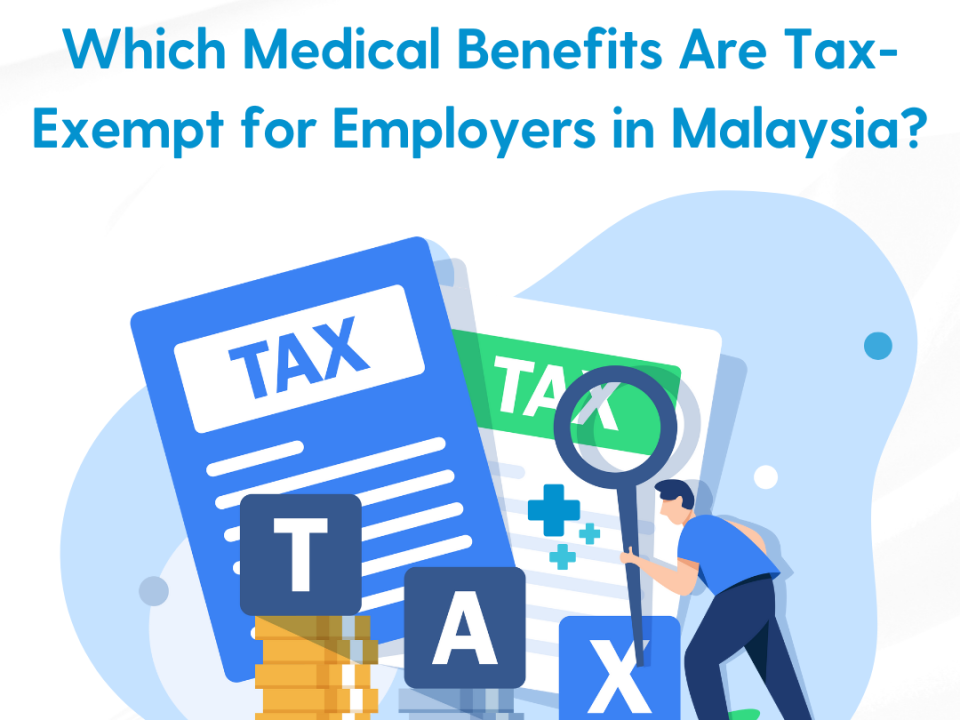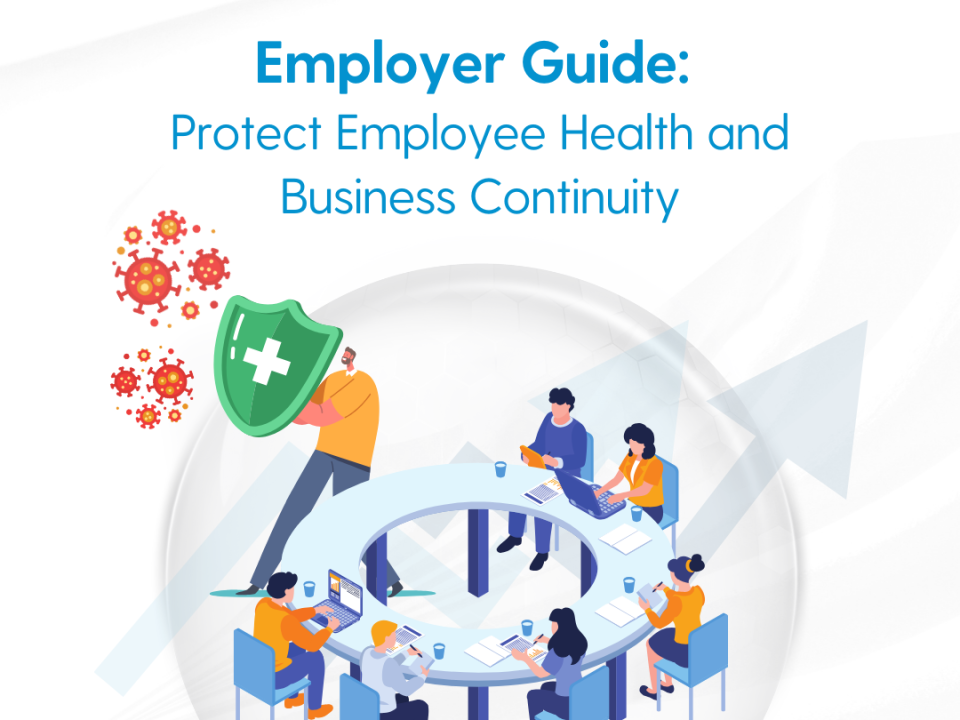
Which is the best employee benefits platform for you?
July 18, 2024
Protect Your Bottom Line: Mednefits’ Strategies to Prevent Benefits Abuse
September 4, 2024What Are Portable Benefits and How Does it Impact Your Business
Employee Benefits
What Are Portable Benefits and How Does it Impact Your Business
July 26, 2024
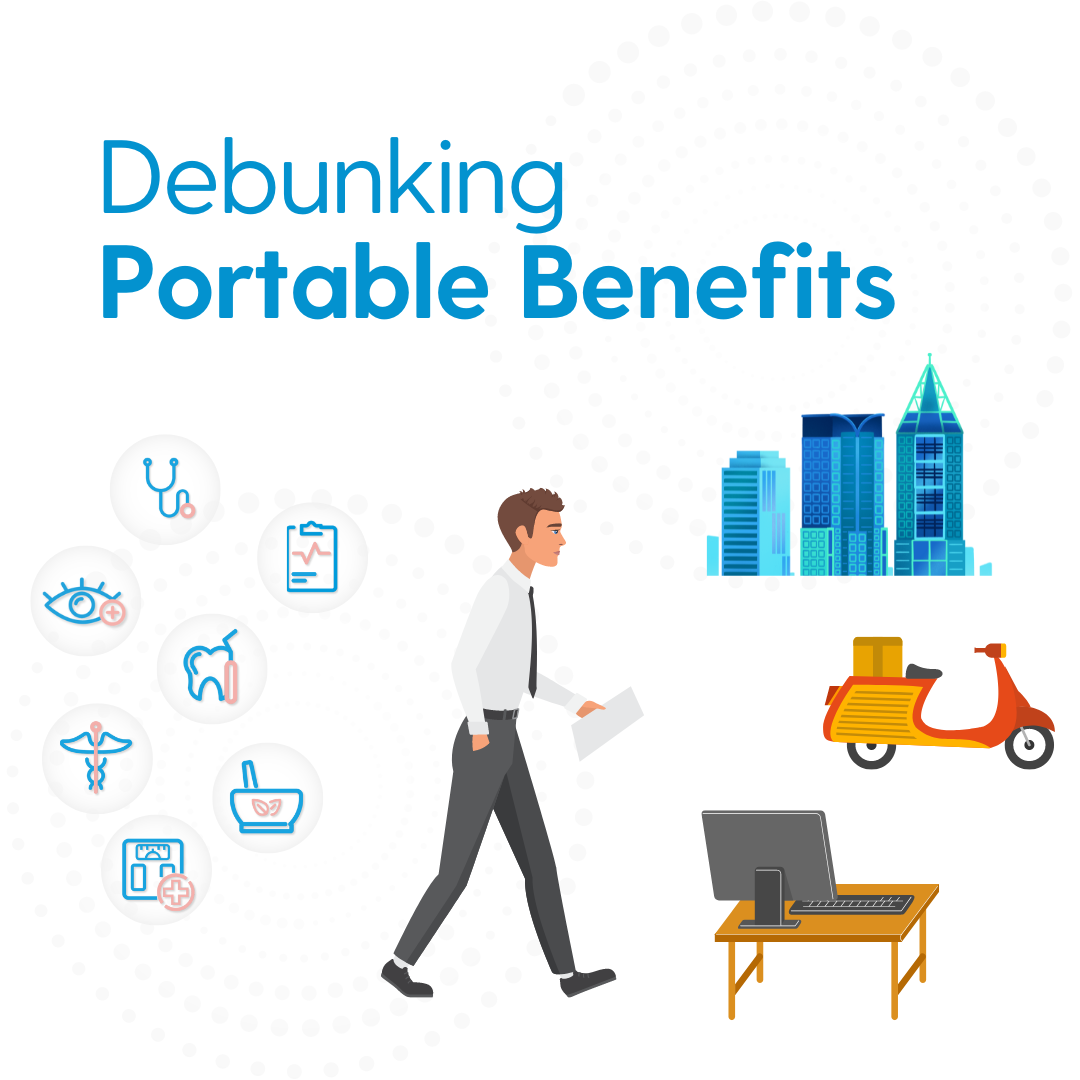
In today’s fast-paced job market, the concept of portable benefits has emerged as a critical element in employee welfare, particularly in Singapore. As the workforce becomes increasingly mobile, the need for healthcare benefits that employees can carry with them from one job to another has never been more pressing. As organisations adapt to the evolving needs of their workforce, it has become more crucial to partner with flexible benefits platforms that can facilitate this transition and effectively manage employee healthcare while fostering a supportive work environment.
What are Portable Benefits?
Portable benefits refer to healthcare coverage that employees can retain regardless of their employment status. This means that when an employee changes jobs, they do not lose their medical benefits. In a country like Singapore, where job mobility is common, the need for continuity in healthcare coverage is paramount.
The Portable Medical Benefits Scheme (PMBS) and the Transferable Medical Insurance Scheme (TMIS) are two initiatives in Singapore that embody this concept, ensuring that employees have a consistent access to necessary healthcare services.
The Portable Medical Benefits Scheme (PMBS)
The PMBS is designed to provide employees with a seamless transition of medical benefits when they switch jobs. Under this scheme, employers contribute to their employees' Medisave accounts, which can be used for various purposes, including paying for premiums of MediShield Life or Integrated Shield Plans. This not only empowers employees to maintain their health coverage but also encourages them to take charge of their healthcare costs.
Transferable Medical Insurance Scheme (TMIS)
Complementing the PMBS, the TMIS allows employees to transfer their group medical insurance coverage to an individual plan when they leave their employer. This is particularly significant in a landscape where employees often seek new opportunities or employees with ongoing medical conditions who require continuous treatment.
MediShield Life: A Game Changer
MediShield Life is designed to be portable, meaning individuals retain their coverage regardless of their employment status. With this national health insurance scheme, the government has also improved the benefits provided, making it easier for individuals to access necessary medical treatments without incurring exorbitant out-of-pocket expenses.
One of the key features of MediShield Life is its portability. Individuals retain their coverage regardless of their employment status, eliminating concerns about losing health insurance during job transitions. This aligns perfectly with the concept of portable benefits, as it ensures that employees can maintain their basic medical coverage even as they change jobs.
MediShield Life serves as a foundation for both the PMBS and TMIS. Under the PMBS, employers make additional contributions to their employees' Medisave accounts, which can be used to pay for MediShield Life premiums or upgrade to Integrated Shield Plans. The TMIS, on the other hand, allows employees to transfer their group medical insurance coverage to an individual plan when they leave their employer.
Furthermore, the introduction of MediShield Life has prompted regulatory changes that encourage the adoption of PMBS and TMIS. Employers who implement these schemes can benefit from tax deductions on medical expenses, up to 2% of total payroll. This incentive has made it more attractive for businesses to invest in their employees' healthcare, particularly in the context of portable benefits.
The Role of Mednefits in Implementing Portable Benefits
As businesses adapt to these regulatory changes, platforms like Mednefits play a crucial role in facilitating the implementation of portable benefits.
- Comprehensive Benefits Management
Employers can tailor their benefits packages through Mednefits, enabling them to design packages that align with PMBS and TMIS. Moreover, Mednefits provide employers with insights into how employees are utilising their benefits. This data-driven approach allows companies to adjust their offerings based on actual usage, ensuring that the benefits provided are relevant and valuable to employees.
- Streamlined Administration
Managing portable benefits can be complex, particularly with the regulatory requirements surrounding healthcare in Singapore. Mednefits helps in facilitating smooth administrative transitions for employees who are changing jobs, ensuring continuity in their healthcare coverage through a seamless platform.
- Access to a Wide Network of Providers
Mednefits connects employers and their employees to a vast network of healthcare providers, enhancing the options available to them. Employees also benefit from a cashless experience when accessing medical services through the platform. This convenience encourages employees to seek necessary medical and wellness care without the burden of upfront costs, promoting better health outcomes.
The recent regulatory developments surrounding portable benefits in Singapore present both challenges and opportunities for employers and their employees. By understanding these changes and leveraging platforms like Mednefits, organisations can effectively implement portable benefits that enhance employee satisfaction and above all, their overall health.
